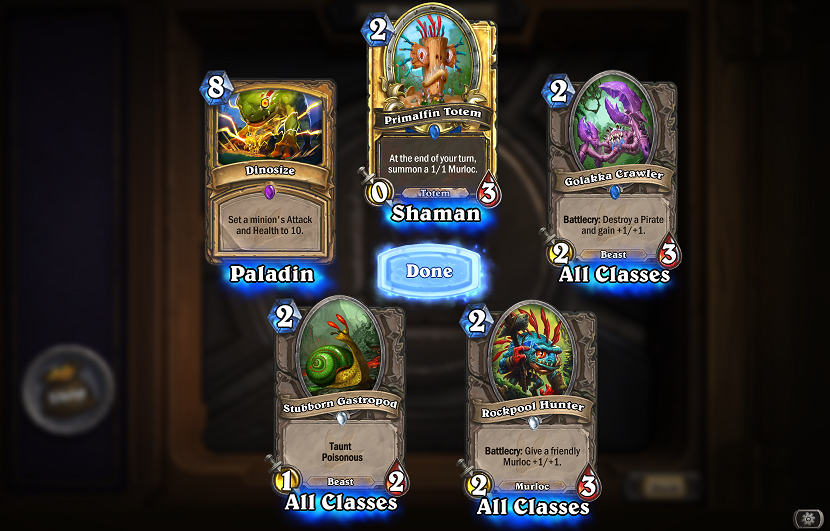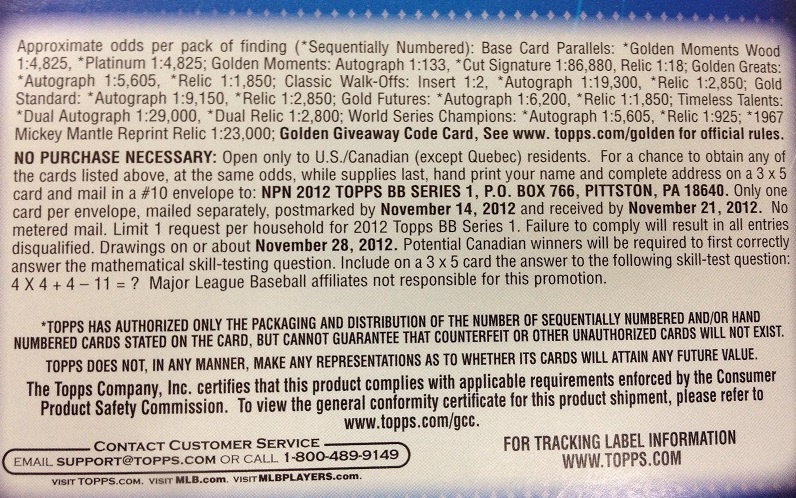The FTC Addressed Loot Boxes This Week, But It Probably Won't Be Enough
The Federal Trade Commission heard from a number of different parties during its workshop on loot boxes in video games earlier this week. I've read through the highlights of (I think) everyone's testimony, from the ESA and its “loot boxes are good for gamers” stance to a researcher who called them a “life or death” matter, and everyone in between. Magicman and I briefly talked about our thoughts during the Free-to-Play Cast this week, but I thought I'd offer a little more depth into my views here.
The big news to come out of the conference (technically before it) is that the the three major console makers – Sony, Microsoft, and Nintendo – will require games on their platforms to disclose loot box odds by 2020. Similar measures have been agreed to by many members of the ESA. This is a form of self-regulation that the ESA is implementing in the hopes that it will mollify the public, not to mention lawmakers, and not result in more stringent sanctions or regulations.
The ESA willing to adopt this measure because it knows it's unlikely to have a significant effect on sales – which, make no mistake, is the organization's driving interest, not “creating and sustaining relationships with our players based on fun.” To that point, it doesn't restrict sales, either by volume (“You can only open X loot boxes per day”) or by person (“You must be at least X years old to buy a loot box”), as some have advocated. All it requires is a disclosure of information – admittedly one that game companies have, with a few exceptions, been loathe to make public.
Even that compromise, however, raises many questions. How will the odds be disclosed? Per rarity, like “3% chance of a rare item, 1% of ultra-rare” and so on, or per individual item, like “0.05% chance of the Hat of Power, 0.05% chance of the Gloves of Fire,” etc.? Where will they be viewed? In the game? On a website? What loopholes will exist that allow developers to take advantage of this without technically breaking the rules?
We also raised the question on the F2P Cast of whether such measures will have any actual effect on people, whether they be children or adults, who can't deal with complicated odds. Several years ago I used an image from the back of a box of baseball cards as an example of a complicated set of odds that even the math-savvy among us would have a hard time parsing to figure out exactly what our chances were of landing a good pull.
Most importantly, we can't trust the developers themselves – and probably not the ESA – to enforce these standards and make sure that the odds are what they are purported to be. Keith S. Whyte, the executive director of the National Council on Problem Gambling, said that “independent testing labs” are used to verify the probabilities on electronic gambling devices. “You've got to get it done independently,” Whyte said. “It's not going to be effective if you're just saying, 'Trust us, these items drop at this rate.'”
As Columbia University's Dr. Adam Elmachtoub pointed out, “Since there's a benefit for lying [about loot box odds], there must be regulation about this.” That also means there must be fully enumerated penalties for companies that ignore those regulations.
There's likely no easy solution for that conundrum. You'd have to have some regulatory body that is able to dissect and analyze loot boxes from thousands of different games, made by hundreds of different developers; the mere thought of it is wearying. If it does take hold, I could see one consequence being a “simplification” of loot boxes, either along the lines of fewer rarity levels or fewer types of loot boxes, all of which have the same drop odds but for different items, or both. That would make things easier for regulators to understand, likely saving game developers time and money.
Here's the big question, though: Is it enough? To answer that, we have to ask what the aim of loot box regulation is. That, it would seem, is the lessening of the chances that vulnerable people are taken advantage of by the mechanic. As pointed out above, inserting math is unlikely to have that effect. Toss in that there's nothing preventing any of the other dubious mechanics surrounding loot boxes – pricing in “credits” or some other measure besides real-money currency, selling currency for odd amounts that don't correspond with prices in the shop, the setting of game difficulty to encourage spending, and even good ol' pay-to-win – or the inherent notion that they just feel like gambling. Someone with poor impulse control isn't likely to stop a buying binge just because he now knows the odds.
I don't think this is the end of the story. The ESA did the absolute minimum it had to do to appease people for the time being. Maybe it will work for a short while, but as soon as a company gets caught with its hand in the cookie jar again, or there's another “My son spent $10,000 on loot boxes” story, it'll float right back to the surface. Public opinion will turn against developers again, and we'll be right back where we started.
Importantly, while we've heard from several people on this matter, ranging from the ESA itself to educators to consumer advocates and more, the FTC itself hasn't weighed in with its opinions yet, as far as I can tell. That's the most important opinion, and the one that has the potential to shape the industry for years to come.
Related Articles
About the Author

Jason Winter is a veteran gaming journalist, he brings a wide range of experience to MMOBomb, including two years with Beckett Media where he served as the editor of the leading gaming magazine Massive Online Gamer. He has also written professionally for several gaming websites.
More Stories by Jason WinterRead Next

Steel Circus is gunning for the big boys in gaming.
You May Enjoy

The season introduces a new Brawl game mode and makes quite a few changes to the game.

The game is coming to both Xbox and PlayStation and will feature cross play and cross progression.

Is it just because I can't pay attention or is it maybe just because the content is disposable to me?

The first of three questlines is now available.



Discussion (0)